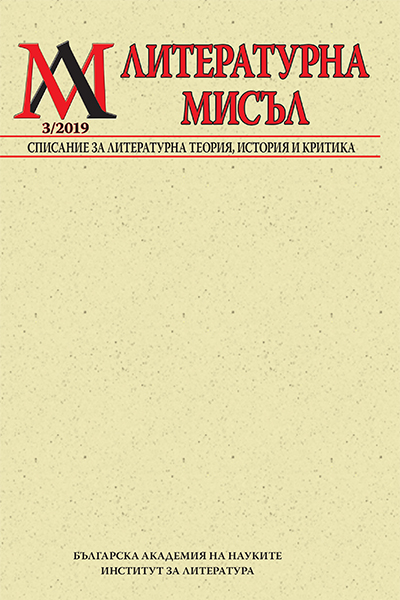Bilingualism and ethnic identity: Prestigious versus unprestigious languages
Bilingualism and ethnic identity: Prestigious versus unprestigious languages
Author(s): Iraklis MillasSubject(s): Language and Literature Studies, Foreign languages learning, Studies of Literature, Translation Studies
Published by: Институт за литература - БАН
Keywords: Bilingualism; nationalism; Greece; Turkey; nation-state; language
Summary/Abstract: Languages which until the 18th and 19th century were only tools to communicate attained new roles with the appearance of the nation-states and nationalism. They were associated with national identity. It was assumed that every nation had a language and that every language group could claim a nationhood. Bilingualism was seen as a prestigious attainment provided the language next to the “language of the nation” is not associated with a nation or an ethnic group which is perceived as a threat to the nation. The unprestigious language which belongs to the “other” is suppressed or ignored. Cases from Greece and Turkey show that this preference/rejection practice is still experienced in our times as a problem of human rights.
Journal: Литературна мисъл
- Issue Year: 62/2019
- Issue No: 3
- Page Range: 31-38
- Page Count: 8
- Language: English
- Content File-PDF

